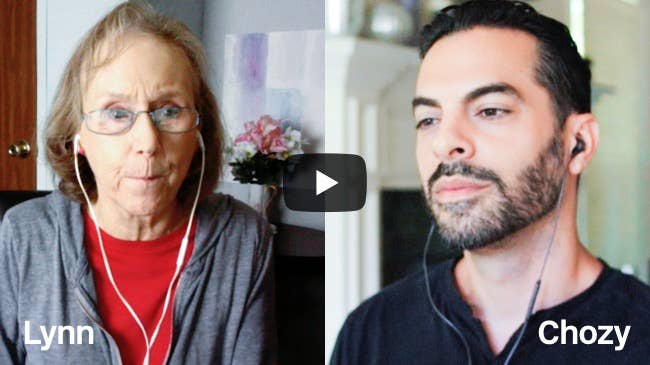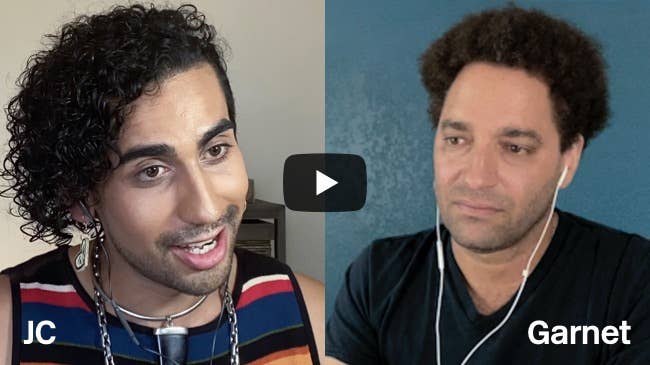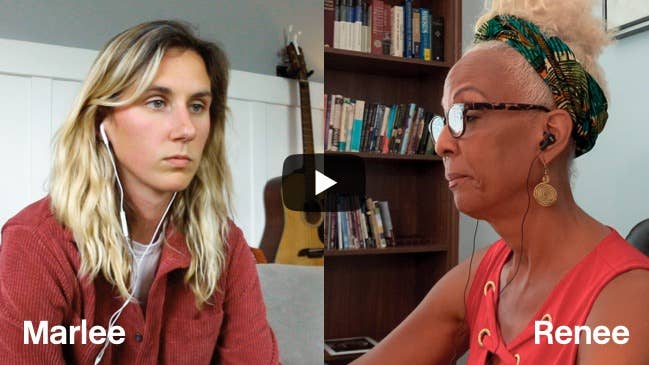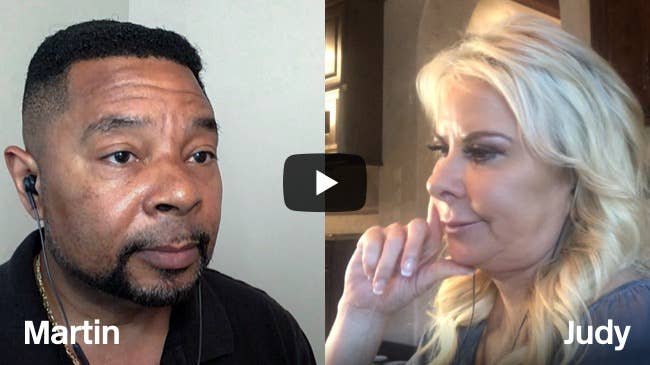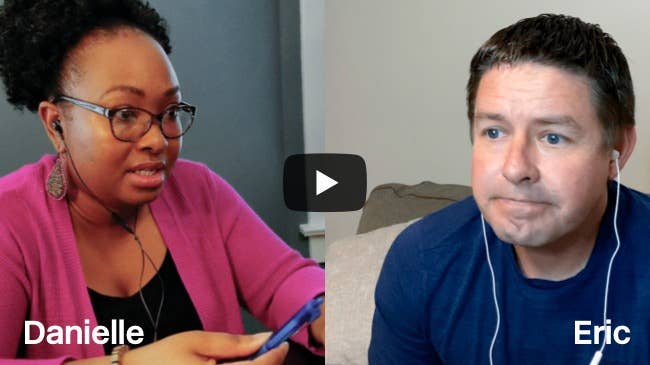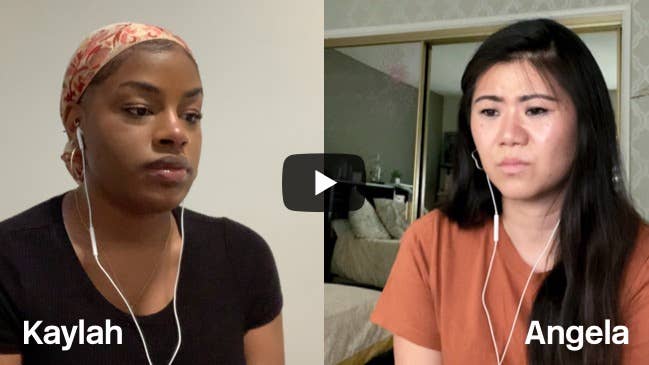The following information was provided to BuzzFeed by Procter & Gamble in partnership with Dr. Charisse L’Pree and is meant to be a tool for helping you have difficult conversations.
Watch the Social Experiment
With racial injustices, social unrest and protests occurring around the world, we can no longer avoid engaging in these uncomfortable conversations. In an effort to foster these conversations, Procter & Gamble has launched #TalkAboutBias, a social experiment that pairs strangers together to have candid conversations about all forms of bias. With the help of Jesse Williams and Freddie Ransome, we examine the commonalities at the core of these issues. Our goal with this effort is to broaden perspectives, build empathy, and spark change through dialogue. We paired 14 strangers to have real conversations about race and bias.
Choose a conversation and watch now:
These conversations feature unscripted dialogue between real people. The views expressed are their own, are not endorsed by P&G or BuzzFeed, and may include statements that are misleading, inaccurate, or misinformed. As with all individual points of view, we recommend you apply critical thinking and seek additional perspective from qualified experts on the subject matter discussed.
How You Can Engage in Uncomfortable but Crucial Conversations
Dr. Charisse L’Pree has been an expert adviser on P&G’s #TalkAboutBias campaign, providing insight into topics such as race, identity, and how the media affects the way we think about ourselves and others.
Here are five steps — provided by Dr. L'Pree — to help you navigate these tough but critical conversations:
1. Consent to all conversations.
People get defensive when ambushed* and productive conversations become impossible. Everyone in this social experiment agreed to talk about bias beforehand, so the interactions stay civil. Schedule your conversations and stay focused on the agreed-upon subject. Come to a consensus at the start regarding definitions and facts so you can discuss social phenomena, not simply argue meaning of words or the value of different media outlets. If someone diverts the conversation (e.g., “black-on-black crime” while discussing police-on-civilian violence), acknowledge the difference and schedule another conversation.
* Call out behavior when it happens, and schedule a conversation.
2. Choose to listen.
Do not interrupt your conversation partner. Allow them to finish before speaking even if you disagree. If necessary, write down what you want to say so that you can give them your full attention. Then address what they said - not what you think you heard. Echo their original statement before responding: “Correct me if I’m wrong. I hear you saying … ” to both demonstrate that you were listening, and to ensure that the conversation remains focused.
3. Be honest. Be vulnerable. Most importantly: Be you.
Your conversation partner must also acknowledge your perspective, therefore, you must speak from your own experience. Do not try to embody the pain of others, instead rely on the knowledge that you have acquired over time. If you are speaking about a disparity that disproportionately impacts another group, talk about how this injustice makes you feel. Then incorporate content (tweets, blogs, videos, etc.) generated by affected individuals.
4. Acknowledge the experiences, opinions, and perspectives of others.
You cannot dismiss the perspectives of your family, friends, and coworkers if you want to maintain some kind of relationship and continue to have these conversations. To learn is to build on what we already know - or think we know. Therefore, we must add to the knowledge and beliefs of our conversation partners. Most importantly, lean into emotions, both yours and your conversation partner, and acknowledge that these emotions are why these conversations are necessary.
5. Expect nothing.
You cannot teach empathy in a conversation. You can only help someone see what you see. If you expect your conversation partner to change their opinions or habits, you will inevitably be disappointed. A successful conversation is one in which all parties learn something and come to some agreement about the state of the world, even if we do not yet agree on how to make the world better.
*Professor L’Pree has a Ph.D in Social Psychology from USC and is an Associate Professor at Syracuse University’s S.I. Newhouse School of Public Communications. Learn more from Professor L’Pree here.
Do More Than Just Talk
Bias and inequality is the inescapable reality. It didn’t begin with us, but it can end with us — if we choose to act. To support its Take on Race Fund, Procter & Gamble has developed an ever-growing collection of resources that will help us more clearly see the complex problems we face — and face them together. The resources can guide us along the journey of transforming equality from a dream to a reality. Together, we can make real lasting change when we actively work to prevent, address, and rectify inequality — individually and collectively. Let’s get started with these four meaningful actions:
1. Read: Read articles and books by diverse authors about racism and being Black in America.
2. Watch & Listen: Explore films, TV shows, and podcasts about the Black experience in America.
3. Donate: Support organizations and nonprofits that play a critical role in elevating the voices of marginalized communities and enacting change.
4. Engage: Learn how to be a better ally and how to channel your emotions and empathy into action.

